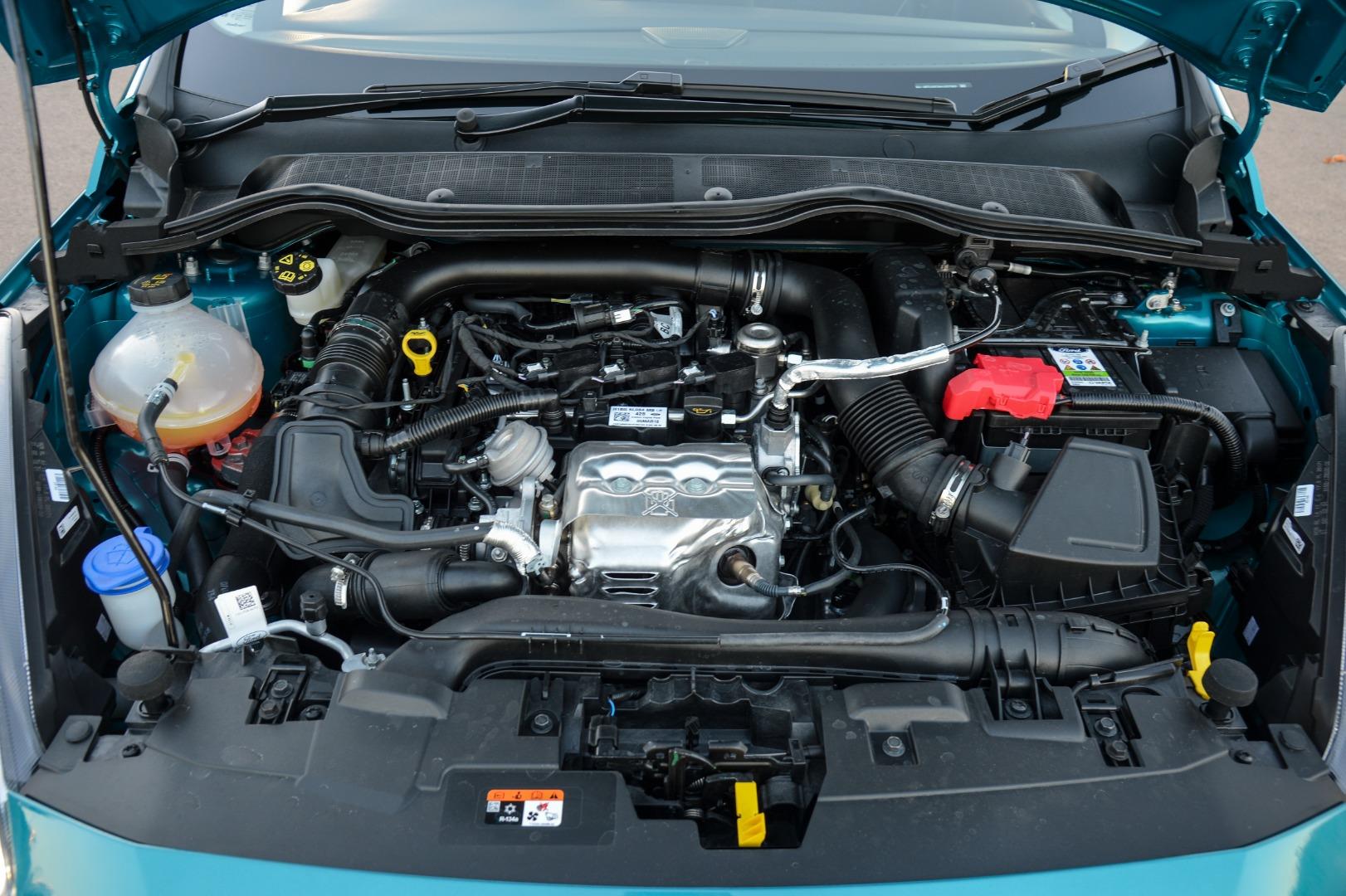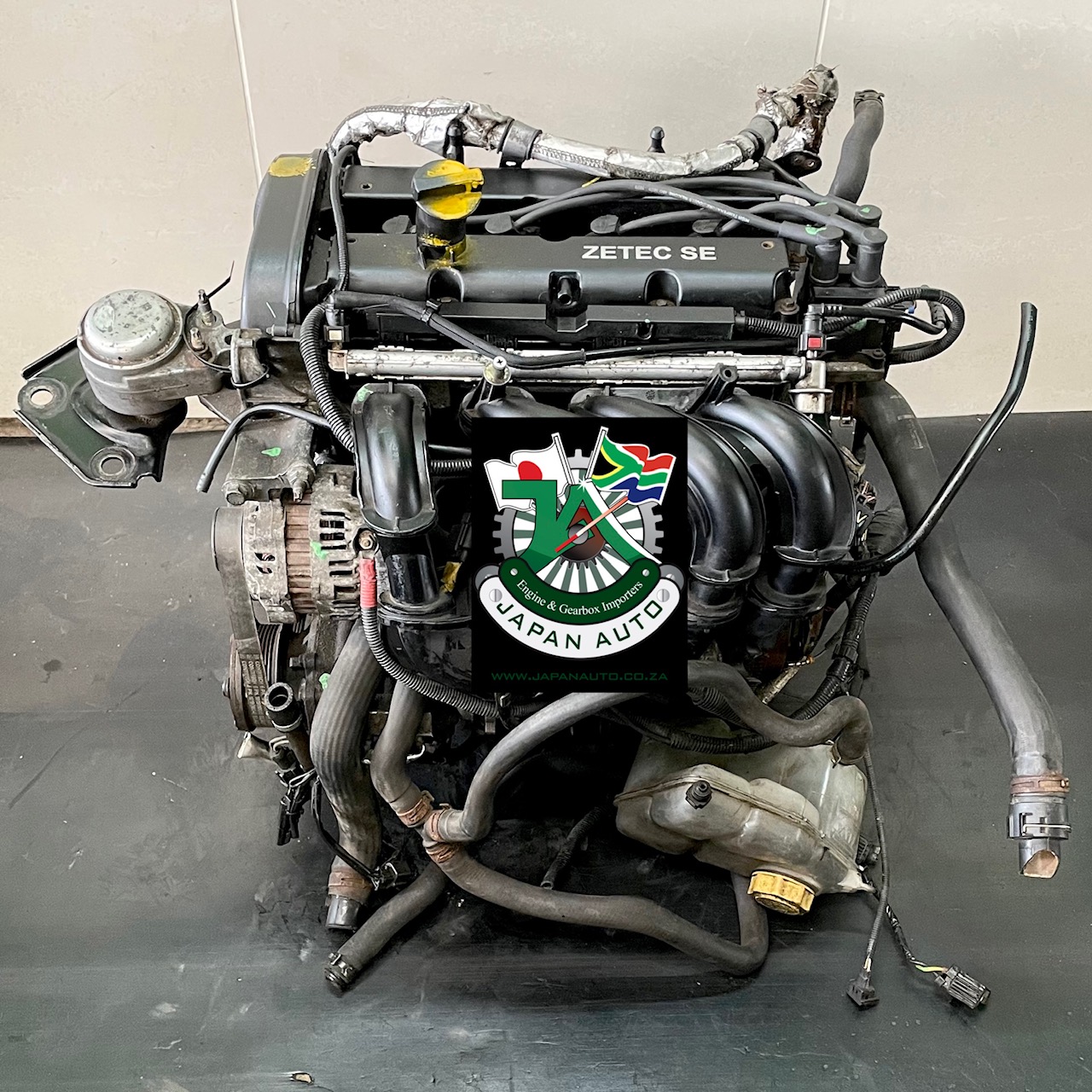Common Issues with the Ford Fiesta Engine and How to Fix Them
Common Issues with the Ford Fiesta Engine and How to Fix Them
Blog Article
Unlocking the Power of Engines: A Comprehensive Overview to Efficiency and Effectiveness
Comprehending the intricate auto mechanics of engines is essential for both efficiency enthusiasts and daily drivers. By analyzing crucial metrics such as horse power and torque, one can appreciate exactly how adjusting techniques improve efficiency while addressing ecological worries. Routine upkeep plays an essential role in sustaining optimal performance over time. As the vehicle landscape shifts towards electrification and advanced modern technologies, the concern emerges: how can we successfully adapt to these changes while making the most of engine abilities? The responses might redefine our strategy to engine efficiency and performance in ways that are both enlightening and essential.
Understanding Engine Essentials
What constitutes the basic auto mechanics of an engine? At its core, an engine is an equipment made to convert fuel right into mechanical power through a series of regulated surges or combustion processes. The main elements consist of the cyndrical tube, piston, crankshaft, camshaft, and shutoffs. The cylinder functions as the chamber where burning takes place, while the piston moves within the cylinder to transform the power from combustion right into linear activity (ford fiesta engine).
The crankshaft then changes this direct motion right into rotational power, which inevitably powers the car. The camshaft controls the opening and closing of the shutoffs, regulating the consumption of air and fuel and the expulsion of exhaust gases. Additionally, the engine relies upon a carefully adjusted fuel-air mix, ignition system, and cooling down system to make sure optimal efficiency and performance.
Comprehending engine basics additionally includes acknowledging the significance of engine cycles, such as the four-stroke cycle, that includes consumption, power, compression, and exhaust strokes. Each stage is crucial in making sure the engine functions efficiently and successfully. Mastery of these fundamental auto mechanics lays the foundation for checking out much more intricate engine characteristics and performance metrics, necessary for maximizing both power output and efficiency.
Secret Performance Metrics
Secret performance metrics are important for evaluating an engine's effectiveness and power outcome, supplying beneficial insights for both suppliers and customers. These metrics work as benchmarks for engine performance, enabling notified choices in layout, acquiring, and production.
One of the primary metrics is horsepower, which evaluates the engine's capability to do work over time. Torque, measured in pound-feet, is one more important metric that indicates the engine's rotational force, straight affecting acceleration and pulling capability. Fuel efficiency, commonly gauged in miles per gallon (MPG) or litres per 100 kilometers (L/100km), examines exactly how successfully the engine transforms fuel into motion, impacting operational costs and ecological factors to consider.
In addition, thermal effectiveness procedures exactly how well an engine converts gas power into useful job, disclosing understandings into energy losses mostly with heat. Emission degrees, consisting of CO2 and NOx, are likewise vital, reflecting the engine's environmental impact and conformity with regulative standards.

Tuning Techniques for Efficiency
Tuning strategies play a substantial role in enhancing engine efficiency by enhancing performance metrics determined in earlier conversations (ford fiesta engine). Different methods exist to fine-tune an engine, each adding to improved fuel economic climate and minimized emissions
One effective technique is adjusting the air-fuel proportion, ensuring the engine runs within the optimal burning regimen. A leaner combination can boost gas effectiveness, however it should be balanced to stop misfires or engine knock. Furthermore, reprogramming the engine management system can rectify specifications such as ignition timing, which further improves efficiency while preserving power outcome.
An additional important method involves changing the consumption and you could try these out exhaust systems. Upgrading to high-performance air filters and exhaust headers can reduce back stress, promoting far better air flow. This allows the engine to take a breath more freely, leading to boosted combustion efficiency.
In addition, the application of advanced adjusting tools, like dyno testing, supplies exact information that enables targeted changes. Consistently keeping an eye on these efficiency metrics makes sure that tuning efforts generate the wanted efficiency results. Jointly, these techniques not only boost engine efficiency yet likewise add to long-lasting sustainability in engine procedures.
Upkeep for Optimal Performance
Normal engine upkeep is vital for attaining ideal efficiency and longevity. A well-kept engine not only operates successfully but likewise decreases the threat of costly repair work and malfunctions. Trick components needing regular focus consist of oil, filters, belts, and stimulate plugs.
Altering the engine oil at advised intervals is essential, as oil lubricates moving components and avoids getting too hot. In a similar way, replacing oil and air filters makes sure that impurities do not harm engine function. Neglecting these elements can result in decreased efficiency and prospective engine damage.
In addition, evaluating and replacing worn belts and pipes is vital to avoid unexpected failures. Timing belts, in particular, should be changed according to the manufacturer's schedule to avoid devastating engine damage.
Ignition system ought to also be checked and replaced as necessary, because they play a critical duty in ignition and gas performance.
Future Fads in Engine Innovation
Welcoming innovations in technology, the future of engine style is positioned to reinvent performance and efficiency across different applications. Crossbreed and totally electrical powertrains are becoming increasingly traditional, using decreased discharges and improved fuel performance.
Moreover, technologies in materials science are leading to lighter, more powerful elements that enhance engine efficiency while lowering energy usage. Advanced manufacturing strategies, such as 3D printing, permit the creation of complicated geometries that boost air flow and thermal monitoring, thus maximizing combustion procedures.
Additionally, the assimilation of expert system and artificial intelligence look at here is set to change engine diagnostics and efficiency tuning. These modern technologies can examine huge amounts of data in actual time, enabling predictive upkeep and tailored efficiency improvements.
Verdict
In conclusion, unlocking the power of engines requires a comprehensive understanding of their auto mechanics and efficiency metrics. Carrying out efficient tuning techniques and adhering to regular upkeep methods significantly enhance engine capacities.
In addition, the engine relies on a carefully calibrated fuel-air blend, ignition system, and cooling system to make certain ideal performance and efficiency.
Comprehending engine fundamentals also hop over to here involves acknowledging the significance of engine cycles, such as the four-stroke cycle, which consists of intake, compression, power, and exhaust strokes. Proficiency of these fundamental technicians lays the foundation for exploring extra complicated engine dynamics and performance metrics, crucial for optimizing both power output and effectiveness.

Accepting developments in modern technology, the future of engine style is poised to change efficiency and efficiency across numerous applications.
Report this page